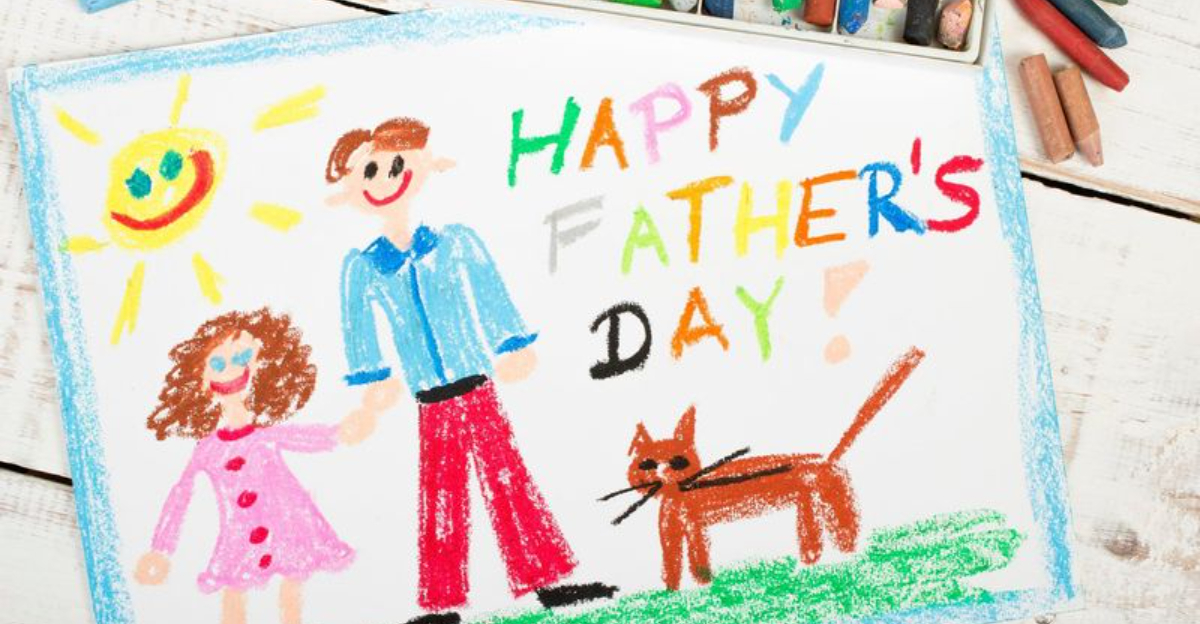20 Things You Didn’t Know About Father’s Day.
Forget the commercial noise for a second. Father’s Day isn’t just about grilling, ties, or the last-minute dash for a halfway decent card. It’s complicated, a little messy, and more loaded than most people admit.
Every year, the world lines up for a single Sunday and tries to make sense of fatherhood—what we got, what we missed, what we’re still hoping for. This isn’t a Hallmark holiday for everyone. Sometimes it’s a gut punch, sometimes it’s a lifeline, and sometimes it’s just awkward silence over eggs.
Here are 20 things you probably never heard about Father’s Day—real talk, real history, real emotion. No sugar-coating. Just honesty. Because fathers, in all their forms, deserve more than clichés.
1. A Holiday Rooted in Tragedy
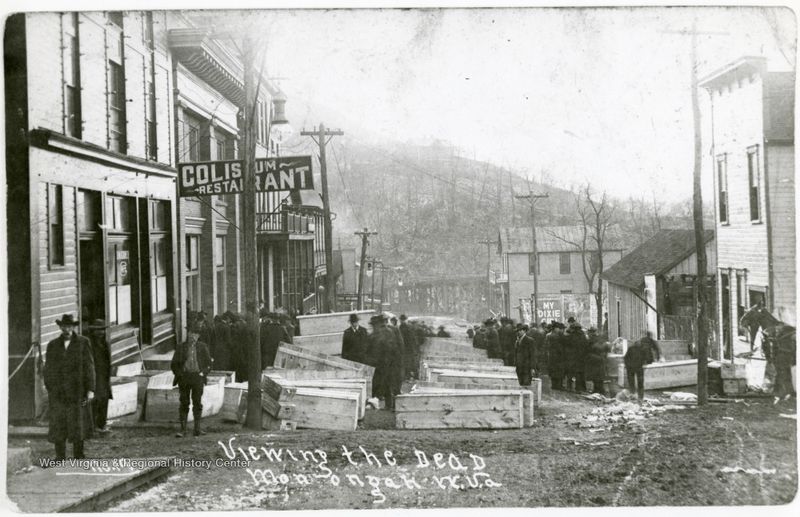
Nobody talks about the origin story. Father’s Day was born from loss, not joy. In 1908, after a mine exploded in Monongah, West Virginia, the town lost 362 men—fathers, brothers, sons—in a single heartbeat. Imagine that kind of silence echoing through a community.
A local church tried to make sense of the grief. They held the first Father’s Day event, not to celebrate, but to remember. Real fathers, real pain. This holiday started with tears, not ties, and it’s okay to carry that weight when you think about your own father.
Father’s Day isn’t just about the men who show up, but those who never came home. The holiday has always been for both the present and the missing. That ache is part of what makes it real, no matter what the greeting cards say.
2. Sonora Smart Dodd: The Daughter Who Changed Everything
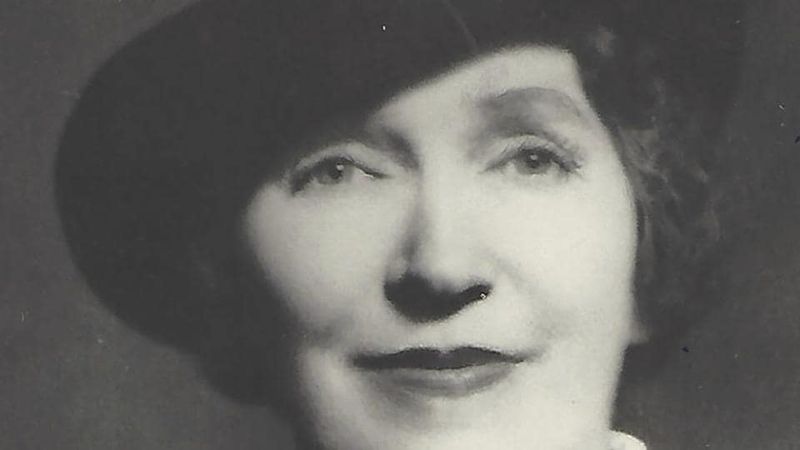
It took a daughter to rewrite the script. Sonora Smart Dodd was sick of mothers getting all the credit—her father, a Civil War vet, raised six kids alone after their mother died. That wasn’t nothing. She sat through a Mother’s Day sermon and left thinking, “What about Dad?”
She argued, she organized, and in 1910, Spokane celebrated the first Father’s Day—because she wouldn’t let people forget single dads. Her father wasn’t famous, but he was there every morning. Tying shoes, packing lunches, making hard choices that nobody else saw.
Sonora’s stubborn love changed how we talk about fathers. She didn’t want a parade—she wanted recognition for all the invisible effort. Sometimes, a holiday is just one woman refusing to let someone go unseen.
3. It Took Decades to Become a Holiday
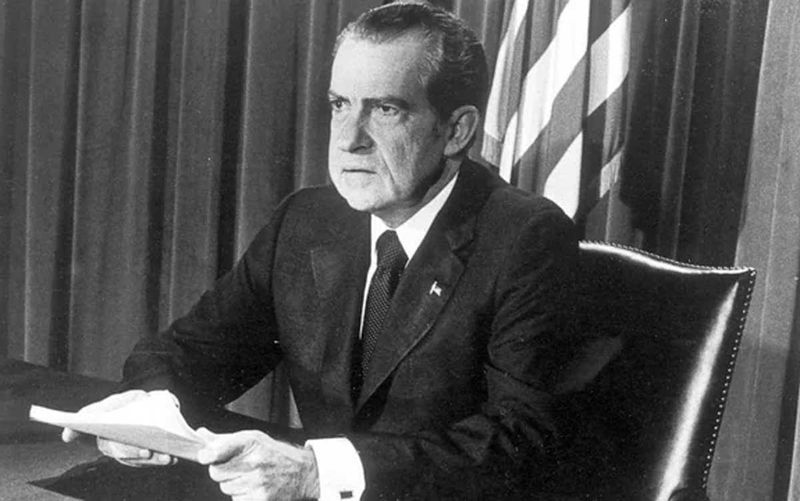
For over 60 years, Father’s Day sat in legal limbo. It wasn’t a given—it was a fight. People argued that dads didn’t need a holiday or that it was too commercial. Others thought honoring men was “unmanly.” The resistance lasted longer than any dad joke.
Richard Nixon finally signed it into law. That was 1972—long after Hallmark started selling the first cards. Think about that: an entire generation grew up between the idea and the official stamp.
The holiday you grew up with almost didn’t happen. That’s the thing about change; at times it takes half a century, a lot of stubborn people, and a little political pressure for dads to get a day on the calendar.
4. Global Dad Day: It Doesn’t Fall on the Same Date Everywhere
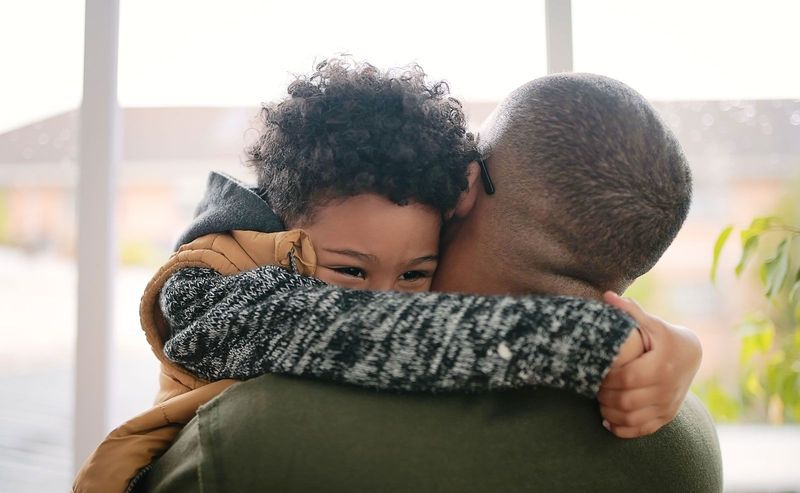
If you thought Father’s Day was universal, you’d be wrong. More than 40 countries celebrate it, but the dates and rituals are all over the map. In Thailand, it falls on the king’s birthday. In Germany, it’s a wild, outdoorsy day called Männertag with beer and wagon-pulling.
Families in Brazil wait until August. Australians celebrate in September because June is too cold for a picnic. Even the gifts and symbols change—from roses in America to sweets in Mexico. No single script fits every dad.
It’s proof that fatherhood isn’t a one-size-fits-all gig. Cultures twist the day however it fits their story. There’s no wrong way to honor a father, no matter where you are or what the calendar says.
5. The Necktie: More Than Just a Gift
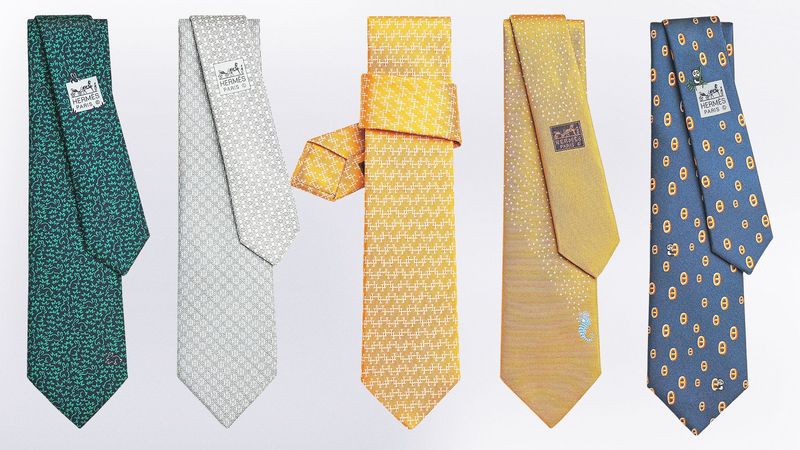
Every year, Americans spend over a billion dollars on neckties for Father’s Day. It’s become a running joke—another tie for dad. But here’s the thing: the tradition had roots in trying to give something dignified, a symbol of respect.
Neckties used to be a statement—a sign that you were grown up, steady, dependable. For some dads, that’s how they wanted to be seen. For others, the pile of ties in the closet just meant nobody quite knew what to buy.
The next time you see a tie rack, remember—occasionally gifts aren’t about practicality. They’re about trying to say, “I see you,” even if it comes out a little awkward. That’s family for you: messy, imperfect, still trying.
6. Cards Speak Louder Than Words (Sometimes)
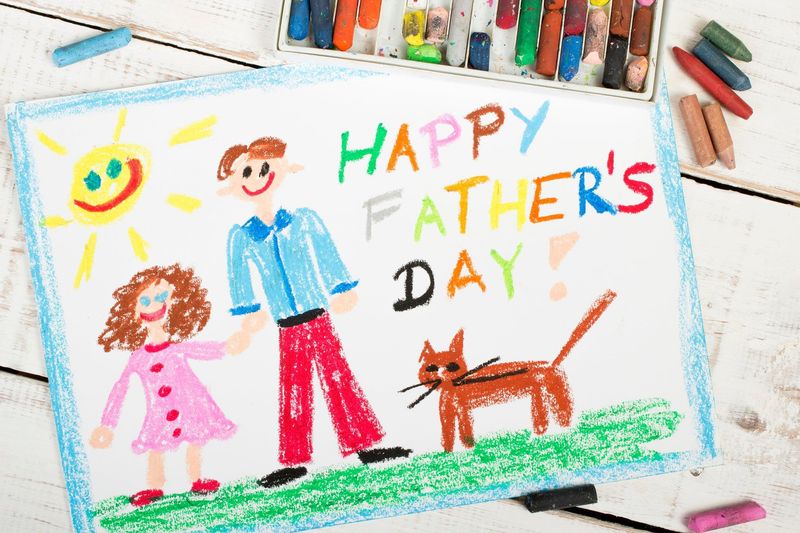
You’d think a quick phone call would do the trick. But the truth is, Father’s Day is the fourth-biggest card-sending holiday in America—nearly 87 million cards every year. Some are funny, some are awkward, some are just two lines and a signature.
People send cards for the words they can’t say out loud. A card becomes a stand-in when the conversations feel too heavy or the distance is too wide. It’s a safe way to reach out, especially when you’re not sure what your voice might crack open.
A card on the table can mean more than a hundred conversations. The smallest gestures carry the most weight. You never know what those cards really mean until you’re the one waiting for one.
7. Big Money, Small Moments: The Economics of Father’s Day

Americans spent over $20 billion on Father’s Day in 2021, averaging $174 per person. The money trail is impressive, but it rarely matches the emotions involved. People buy grills, tools, gadgets—sometimes out of guilt, sometimes out of love.
The truth? The best memories had little to do with price tags. Nobody ever said, “My favorite thing about Dad was that expensive drill set.” Most people remember jokes at dinner, rides home from practice, or the time he made burnt pancakes and called it breakfast.
Father’s Day is a cash cow for retailers, sure. But when you really look back, it’s the unplanned, unbought moments that stick forever. The money is just noise. The connection is what counts.
8. Germany’s Männertag: Not Your Typical Family Day
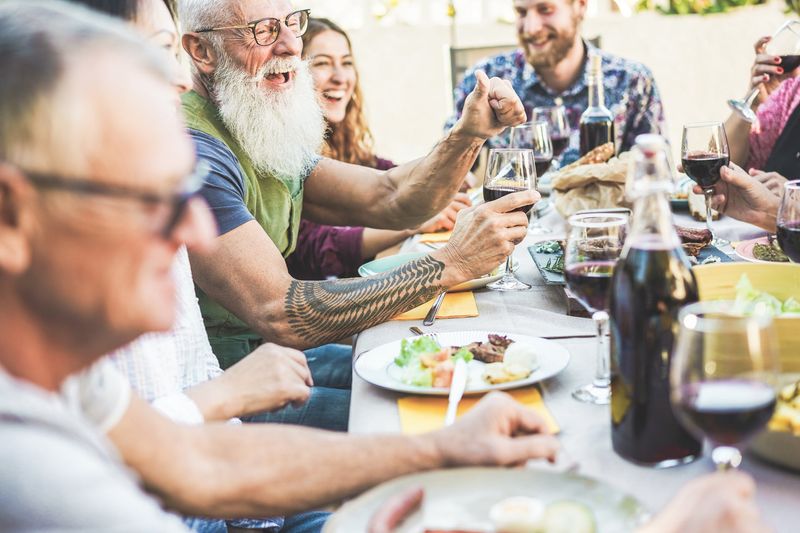
In Germany, Father’s Day is something else. They call it Männertag (Men’s Day), and the tradition is wild. Instead of brunch and ties, groups of men load up wagons with beer, sausage, and snacks, then head out into the countryside.
It’s less about fatherhood and more about letting loose. Some people love it; others think it’s an excuse for chaos. The energy is loud, boisterous, unapologetic. Imagine your dad and his friends on a day pass from adulthood—hiking, shouting, eating, drinking.
No flowery cards or sentimental speeches, just a full-throttle celebration of being alive. It’s messy and imperfect, but it’s real. Perhaps, the best way to honor fathers is to let them be themselves, unfiltered.
9. Where Did “Dad” Come From?
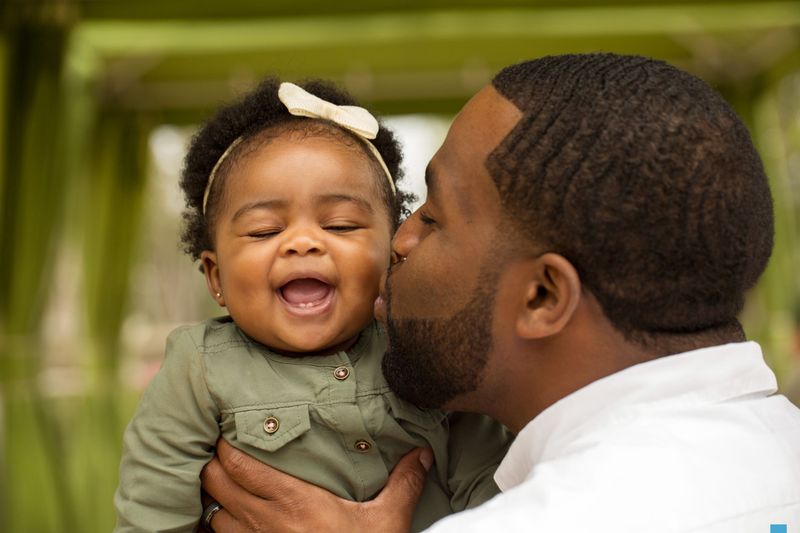
Almost every language has a word for “dad” that sounds like “da-da” or “pa-pa.” It’s not random—babies make those sounds before almost anything else. The word “dad” didn’t come from some ancient poem or royal decree; it came from the mouths of kids who just wanted attention.
Saying “da-da” is easy. It’s primal, simple, universal. No cultural lessons required. Maybe that’s why the name stuck, why it feels like home no matter how old you get.
Your relationship with your father might be complicated, but at some point, it was just a sound. The first word, the first laugh, the first attempt to connect. It means something, even if you never said it again.
10. The World’s Most Devoted Dads: Seahorses
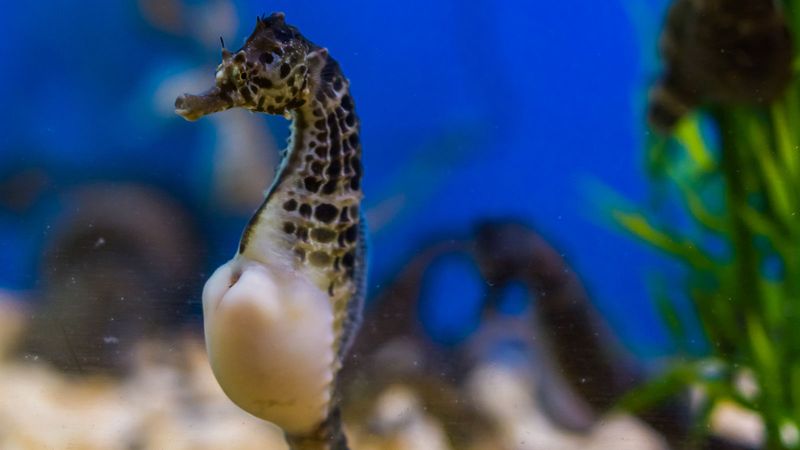
Forget everything you think you know about fatherhood. Male seahorses do something most human dads never will: they carry the babies. The female deposits her eggs in the male’s pouch, and he does the rest—nurturing, protecting, and eventually giving birth.
Imagine being literally built to carry the next generation. It’s not just a quirky nature fact—it flips the parenting script. The male is the center of the story, not the sideline.
If you need proof that fatherhood can look a million different ways, look to the ocean. Sometimes, the best dads have fins and a pouch. Love isn’t always where you expect it, but when you find it, it changes everything.
11. Roses: The Flower for Dad

You don’t hear much about flowers for Father’s Day, but roses have always been tied to the holiday. A red rose says your father is living; white means he’s passed. It’s not flashy—just a quiet tradition, tucked in amid all the noise.
Families used to pin roses to their shirts on Father’s Day, a silent code that said everything with color. No speeches, no fanfare, just a way to honor both presence and loss in the same breath.
In certain moments, a flower does what words can’t. Whether you’re holding a rose or just remembering, the ritual is a way to keep the connection alive. It’s simple, powerful, and never needs to be explained.
12. Stay-at-Home Dads: Quiet Revolution
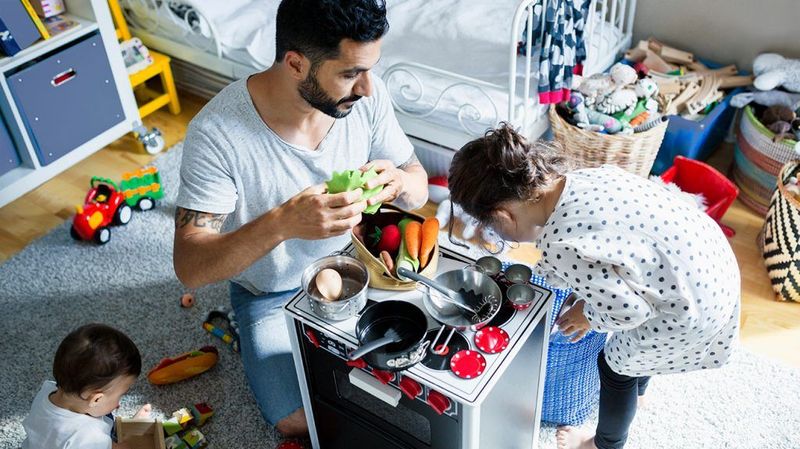
Fathers haven’t always been the ones heading out the door. In 2021, about 2.1 million American men stayed home to raise their kids. The number keeps growing, and with it, a quiet revolution in what fatherhood looks like.
Stay-at-home dads get all kinds of looks—sometimes respect, sometimes confusion. Grocery store checkouts become battles with stereotypes. But ask their kids: the memories are made in the everyday, the routines, the little surprises.
Father’s Day isn’t just for the breadwinners. It’s for every man who chose to be present, to show up in sweatpants, to stick around for bedtime stories. Every now and then, the bravest dads never leave the house.
13. Hallmark’s 800 Ways to Say “Dad”
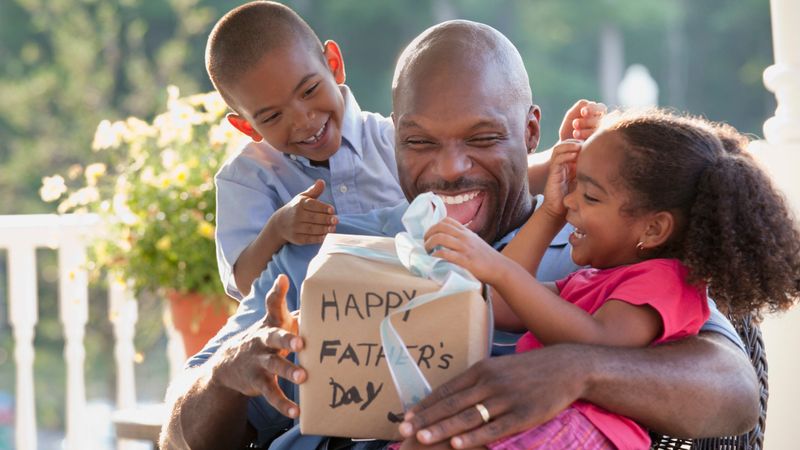
Since the 1920s, Hallmark has offered hundreds of Father’s Day card designs—over 800 at last count. Some are goofy, some are heartfelt, some are just plain weird. Picking out a card is like scrolling through a snapshot of how society sees dads.
Not every card lands. At times the best one is the blank one—you fill in the rest. But the choices matter. They show that there is no single way to see or be a father.
Every card is a tiny window into someone’s relationship. Whether it’s a pun, a dad joke, or a thank you, the effort means something. It’s the attempt that counts, even if the words fall short.
14. Average Dad Age: Not So Young Anymore
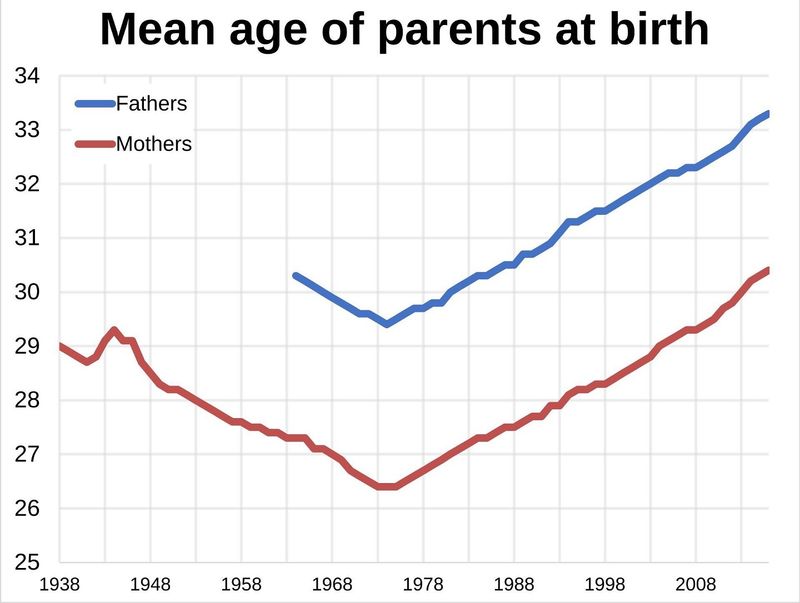
The average new dad in America is 31. Not a fresh-faced kid, not an old-timer. Somewhere in the middle—old enough to have lived a little, young enough to still be surprised by it all.
It’s not a number people talk about, but it says a lot. These days, fatherhood starts later, shaped by careers, economics, and figuring out who you are first. That’s a huge shift from the past.
The face of fatherhood is tired, hopeful, and a little bit late to the party. And that’s okay. Once in a while, the best people to raise kids are the ones who took their time growing up themselves.
15. Father’s Day: The Collect Call Champion
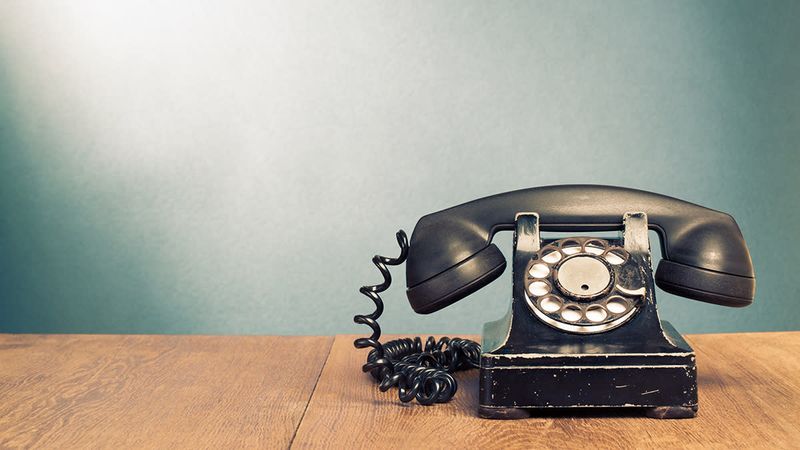
Here’s a relic you’ll never see on a meme: Father’s Day used to be the single busiest day for collect phone calls in America. This was back when long distance meant spending real money, so most people waited until the one day that mattered.
The calls weren’t always easy or poetic. But for a lot of families, this was the only time someone reached out—the cost justified by a single conversation. Even now, the tradition survives in other ways—text messages, awkward Zoom calls, a voicemail that makes you tear up.
It’s a reminder that sometimes, we need an excuse just to connect. Father’s Day was always a reason to break the silence, even if it only lasted for a few minutes.
16. Father’s Day Isn’t Just for Fathers
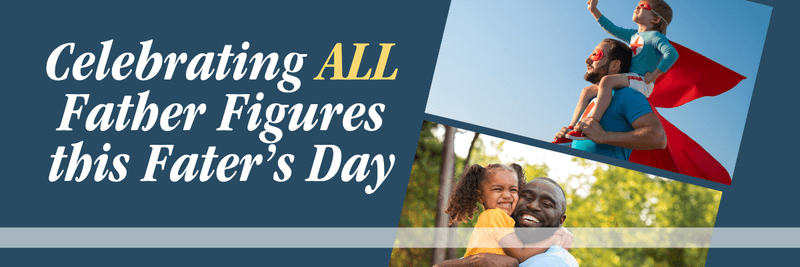
You ever notice how Father’s Day can be weird for some people? Not everyone has a dad in the picture. For a lot of us, it’s an uncle, a stepdad, or even a mom who doubled as both. The world is full of men who stepped up when they didn’t have to.
Father’s Day belongs to anyone who filled that role. The mentor who taught you to throw a punchline, the neighbor who fixed your bike, the grandfather who slipped you candy under the table. Titles don’t matter—actions do.
If you’ve got someone who showed up when it counted, don’t overthink the label. The day is for them too. On occasion, the best fathers aren’t technically fathers at all.
17. The Black Fatherhood Movement
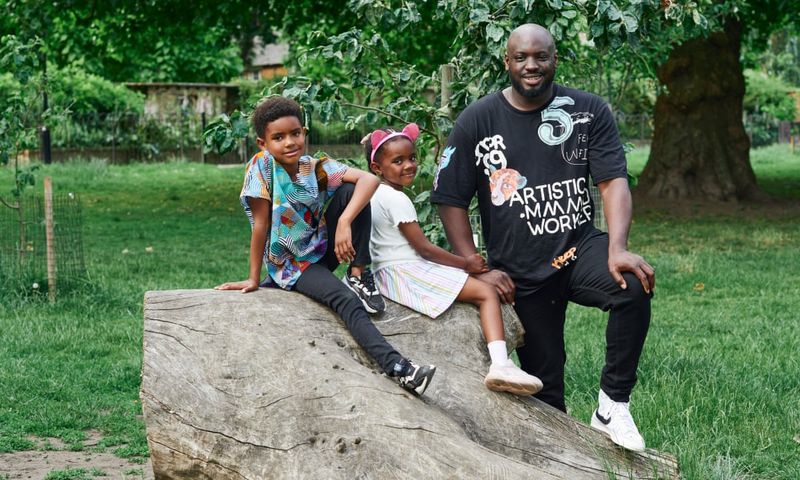
For generations, the story of Black fatherhood was buried under stereotypes and silence. But in recent years, communities have reclaimed Father’s Day as a celebration of presence, resilience, and defiance. Black fathers gather at parks, churches, and block parties—not just for barbecue, but for visibility.
There’s power in showing up, year after year, breaking cycles and rewriting stories. The movement isn’t about perfection; it’s about proving that love and responsibility go hand in hand. The legacy is being rebuilt, one hug at a time.
If you want to understand Father’s Day, start here. Listen to the voices that refused to be erased. Their stories are the backbone of what fatherhood means for everyone.
18. Grief and Gratitude: Father’s Day After Loss
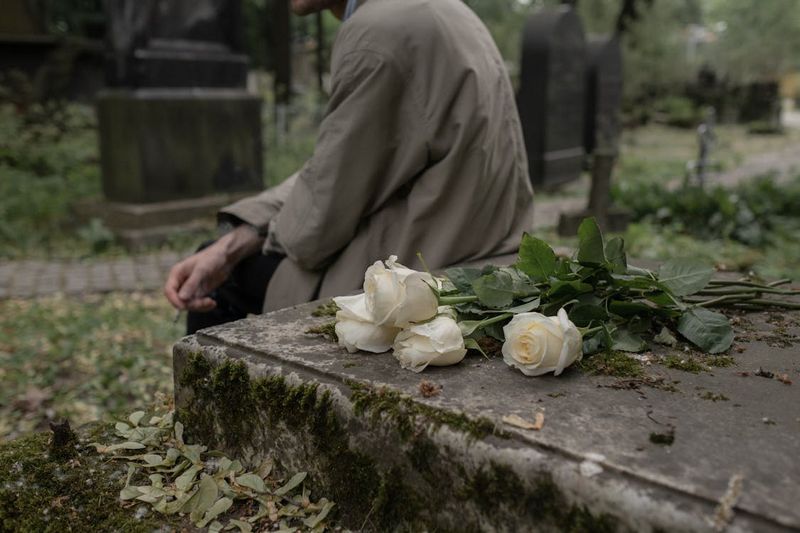
Nobody warns you about the ache that comes with Father’s Day after loss. The commercials don’t show empty chairs or silent phones. For some, this day is heavy—a reminder of what’s gone and what will never come back.
But it’s not all heartbreak. Gratitude sneaks in through memories—a joke, a smell, an old voicemail you can’t delete. The grief and the gratitude dance together, making space for both pain and warmth.
You don’t have to choose one or the other. On Father’s Day, letting yourself feel it all—good, bad, messy—is the bravest thing you can do. The love is still there, even when the person isn’t.
19. The Awkward Gift: When Dads Pretend to Love It
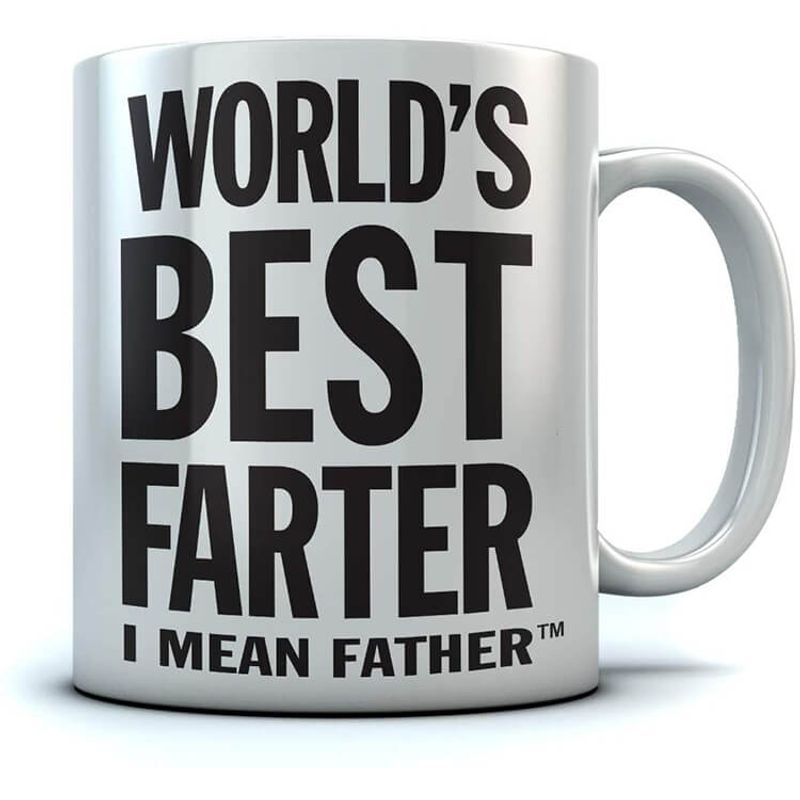
Every family has the story: the world’s ugliest tie, the mug that holds more dust than coffee, the gadget nobody knows how to use. Dads are professional gift-fakers. They give the world’s best Oscar-worthy smiles for stuff they’ll never use again.
But here’s the secret: it’s not about the gift. It’s about the moment. The laughter, the awkward hugs, the feeling that someone tried—even if they failed spectacularly.
A good dad knows how to make you feel like you nailed it, no matter how far off the mark you were. The memory isn’t the object—it’s the performance. That’s what makes it all worth it, year after year.
20. Fathers and Food: The Real Family Table
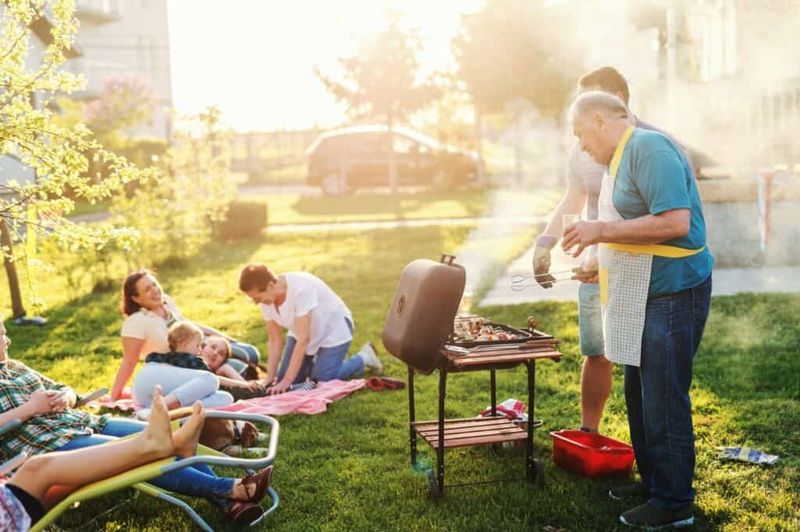
Food has always been at the center of Father’s Day. It’s less about fancy meals and more about the ritual—grilling in the yard, stacking burgers, burning hot dogs, swapping stories over a table.
The food is just an excuse. What matters is who shows up, who laughs, who argues about mustard versus ketchup. These are the moments that shape families—messy, noisy, imperfect.
On Father’s Day, the grill is more than a tool. It’s a gathering spot, a reason to linger, a place to say everything or nothing at all. Even the burnt bits become part of the story you’ll tell next year.

